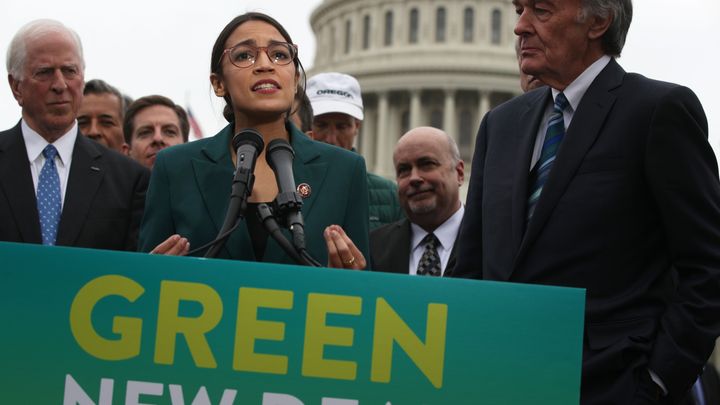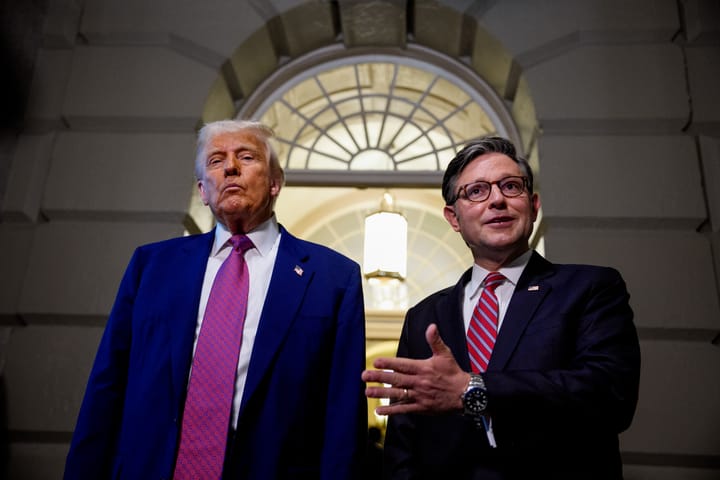Senators Who Will Impact Green New Deal Own Stock in Fossil Fuel Companies

Summary
Several members of the Senate Energy and Environment committees collectively own millions of dollars worth of stock in companies such as Chevron, Exxon, and ConocoPhillips.
Keep reading with a free trial
Unlock this article and get unlimited access to Sludge with a 14-day free trial. No commitment — cancel any time.
Already have an account? Sign in


